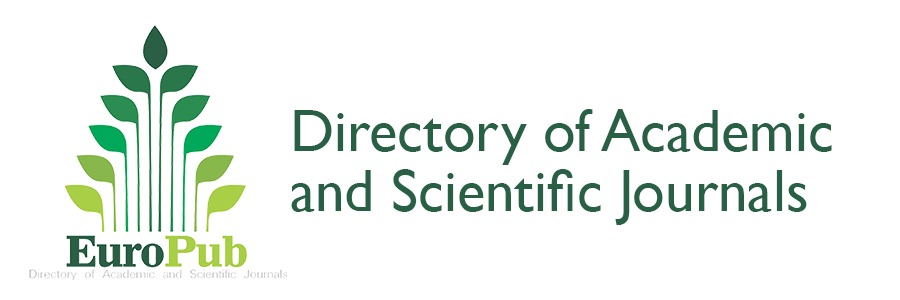Protective Effects of Ethyl Acetate Extract from Ficus Carica L. Leaves Against CCl4-Induced Hepatotoxicity In Vitro and In Vivo
DOI:
https://doi.org/10.62746/njlhs.v3n2.50Keywords:
F. carica, Hepatoprotective, CCl4, Bioactive Compounds, Liver MarkersAbstract
Background: Liver diseases lead to significant health complications such as fatty liver disease, hepatitis and liver failure. Medicinal Plants contain active compounds that significantly help in combating different kind of liver diseases including liver cirrhosis and treatment. The main purpose of present study was isolation and identification of hepatoprotective components present in F. carica leaves.
Methods: The study was designed for identification of compounds which are responsible for hepatoprotective activity of ethyl acetate fraction. Hepatoprotective effect was determined by in vitro and in vivo methods. HepG2 cell line was used to determine in vitro effect. Carbon tetrachloride was used to induce toxicity and silymarin drug was used as standard drug for comparison with plant fractions. Based on the results, to identify the bio active component analysis of most active sub-fraction was done by Liquid Chromatography-Mass Spectrometry and Fourier Transform–Infra Red spectroscopy. For in vivo study albino mice were used as model and toxication was induced by carbon tetrachloride. .Hepatoprotective activity was determined by estimating liver parameters such as alanine transaminase (ALT), alkaline phosphatase (ALP), aspartate aminotransferase (AST), bilirubin and total protein.
Results: Significant (P <0.05) hepatoprotective activity was exhibited by sub-fraction FVI of F. carica leaves, which was equivalent to the standard drug silymarin. It significantly (P <0.05) restored the level of liver biomarkers toward normal.
Conclusion: Our findings confirmed the ethyl acetate fraction of F. carica have a significant hepatoprotective effect. Sub-fraction of FVI could be promising candidate for development of hepatoprotective drug due to presence components in it. Further clinical investigations of this fraction are recommended.
Downloads
Downloads
Published
Issue
Section
License
Copyright (c) 2024 National Journal of Life and Health Sciences

This work is licensed under a Creative Commons Attribution-NonCommercial 4.0 International License.
Open Access


























